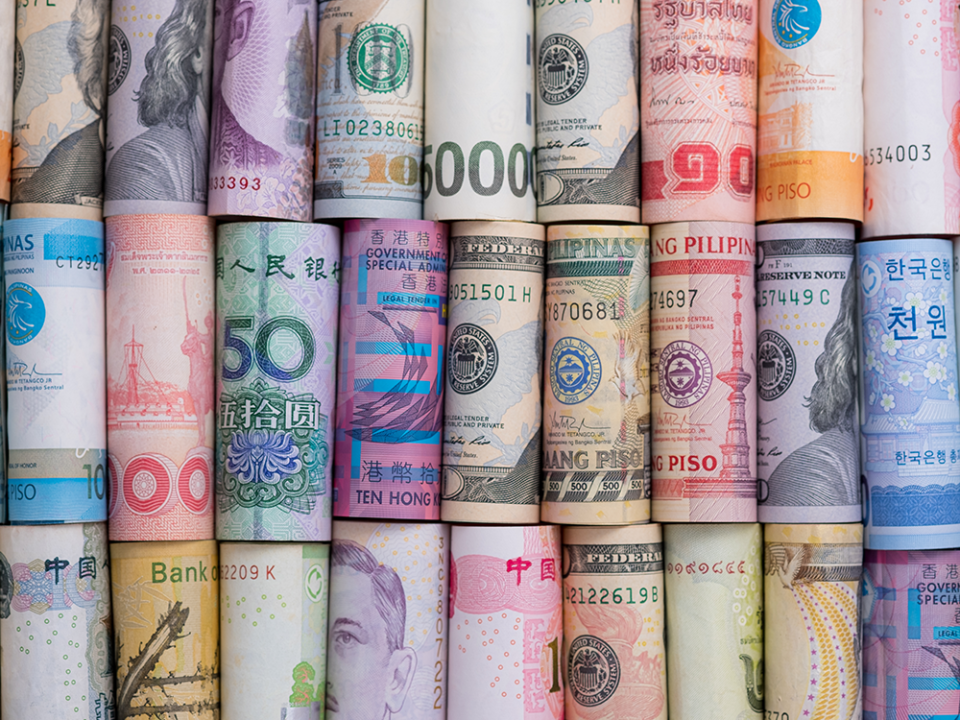Diane Francis: Foreign home-buyers ban prey to weak financial transparency laws

I spoke last week at a conference in Washington, D.C., about the devastating impact that financial secrecy and corruption have on capitalism, democracy and global security. Dirty money flows out of Russia and other dictatorships and into western countries, including Canada, thanks to enablers such as lawyers, accountants, real estate brokers and secrecy laws that allow investments by anonymous sources.
A new book, “Invisible Trillions,” by anti-corruption activist Raymond Baker describes the scale of the problem. “Over the last half century, capitalism has created the means by which trillions upon trillions of dollars, euros, pounds and other stores of wealth can move and shelter invisibly, out of sight and beyond the control of central bankers, revenue authorities, law enforcement agents and international institutions,” wrote Baker.
“With this level of financial secrecy now available to, and dominating, capitalist operations, riches move inexorably upward, accelerating economic inequality. Rising inequality is directly imperilling — weakening, obstructing and degrading — democracy.”
Vast sums of money have easily flowed into Canadian real estate, particularly in Vancouver and Toronto, which has contributed to unaffordable housing prices. The term “snow washing” has been coined to describe how easily dirty money can be washed clean, like the snow, in Canada.
Governments are starting to crack down with taxes on foreign buyers and Ottawa has banned foreign ownership for two years. But foreign ownership can be hidden because the federal government has not created a public registry of beneficial ownership, which was promised years ago, nor has it cracked down on those who facilitate financial secrecy.
Transparency International has consistently ranked Canada near the bottom of the pack of all G20 countries due to its failure to meet G20 anti-money laundering commitments. And last summer, Raymond Baker’s Global Financial Integrity (GFI) — a Washington-based think-tank focused on corruption and money laundering — issued a report that underscores Ottawa’s many failures.
GFI’s report analyzed 35 cases in Canada involving $783 million in laundered funds over five years (which is a drop in the bucket considering that a 2019 RCMP report estimated that $46.7 billion was laundered in Canada in 2018 alone).
It found that about half the money laundered through Canadian real estate came from outside the country, with China accounting for nearly a quarter of the foreign funds. Of the domestic money laundered through real estate, well over half came from drug trafficking.
The top “facilitators” of the laundered money were lawyers (22.8 per cent), real estate agents (14.2 per cent) and developers (11.4 per cent). The top ways in which money was laundered included anonymous company structures (51.4 per cent), third-party accessories (45.7 per cent), mortgage schemes (34.2 per cent), private loans (17.1 per cent), renovations (5.7 per cent) and leasing schemes (5.7 per cent). Some also used the immigrant investor program and overvaluation of property schemes (overpaying to pay off the seller tax-free), according to the report.
All these enablers should be required to report suspicious clients and suspicious transactions to the authorities, as banks are required to do. U.S. Sen. Sheldon Whitehouse spoke at the conference and sponsored a bipartisan “enablers act” last year, though it failed to pass through the Senate.
Diane Francis: Can Canada's welfare state survive Trudeau's immigration targets?
Diane Francis: ChatGPT is impressive, but raises several red flags
Diane Francis: Republicans are playing a dangerous game with the debt ceiling
He said he will mount another attempt, but the reality is that the enablers and their clients heavily lobby governments to perpetuate and protect financial secrecy despite its corrosive impact. The system not only hurts poorer countries whose wealth is exported, but also damages rich countries.
The same tools that enable criminal proceeds to be hidden from tax collectors enable homegrown crooks and tax evaders to move and hide their assets offshore into anonymous companies, trusts, foundations and hedge funds.
Ottawa’s new two-year ban against foreign real estate purchases will be easily circumvented because there are no controls to prevent the use of proxies, shell companies, trustees, visa holders or real estate mutual funds to hide the identity of buyers.
The ban is a good start but only if accompanied by laws designed to stop the flow of illicit funds to and from Canada.

 Yahoo Finance
Yahoo Finance 